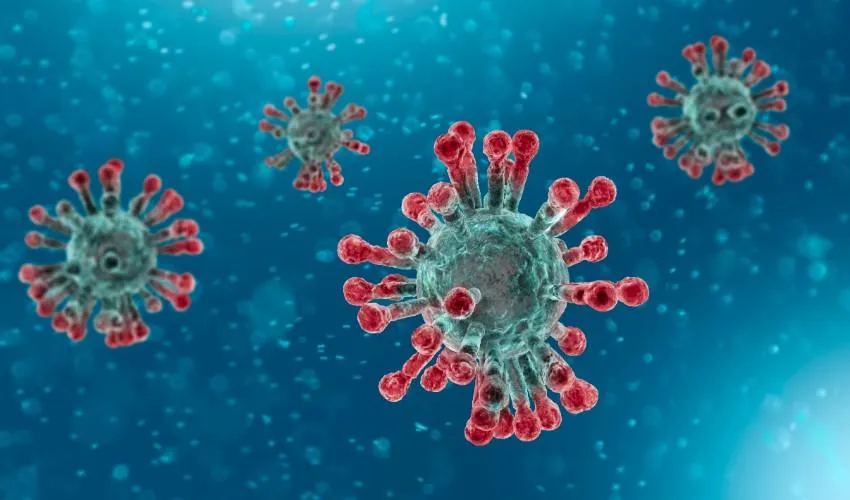
Capturing the Public's Emotional Response to the Health Crisis
To understand the impact of COVID-19 on public opinion, old paradigms are not enough. Epidemiology can reveal how the virus spread, but not how people reacted. An interdisciplinary approach can shed a clearer light on thoughts, hopes and fears triggered by the health emergency. A trio of Bocconi academics specializing in computer science, demographics and infectious diseases teamed up to analyze 6.5 million tweets over the course of the pandemic in a COVID Crisis Lab project that should be completed this summer.
Dirk Hovy (Associate Professor of Computer Science, Department of Marketing) Nicoletta Balbo (Assistant Professor in the Department of Social and Political Sciences) and Alessia Melegaro (Associate Professor at the Department of Social and Political Sciences) are trying to augment regular numbers-based analysis of the spread of the virus by studying its effects on people. Does it affect age groups differently? Are people more worried about health, or the economy? Are women and men worried about different aspects? "We also want to look into the spread of misinformation, like false claims about drinking bleach or that 5G towers spread the virus," says Hovy, who was joined by his post-doctorates Debora Nozza, Federico Bianchi, and Tommaso Fornaciari.
A few conclusions already stand out. "Obviously the overall mood is not good, but there are glimmers of hope and satisfaction with how the government has coped," he says. The emotional impact of the arrival of medical teams from Cuba and Russia was strong enough to show up in the team's statistical models – indicating it is something that other countries could do in the future. Their goal is to use the conclusions to show patterns and correlations in the data that could be useful for policymakers.
Communication is also the topic of the paper "Words can hurt: How political communication can change the pace of an epidemic" by Lucas Argentieri Mariani, and Bocconi PhD students Jessica Gagete-Miranda and Paula Rettl. How much impact can political leaders have on compliance? In Brazil, President Jair Bolsonaro disrespected measures implemented by health authorities during a country-wide pro-government demonstration that took place amid the COVID-19 outbreak. The authors conclude that Bolsonaro's behavior increased the pace of diffusion.